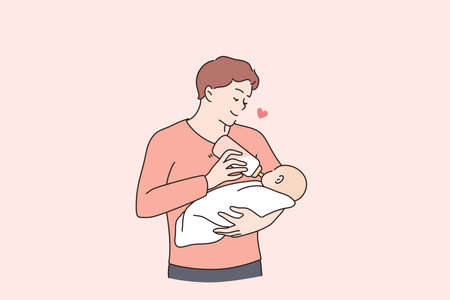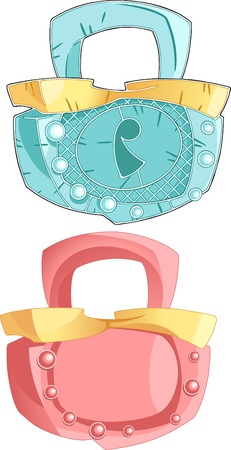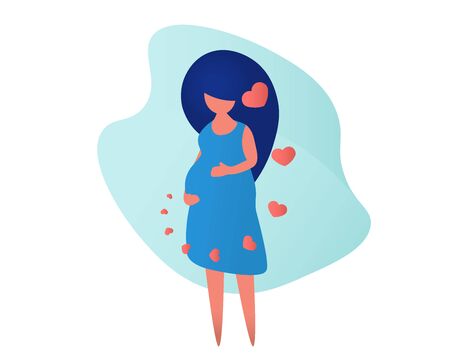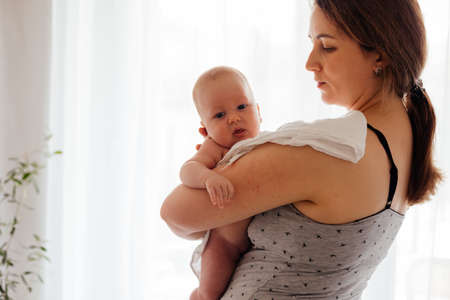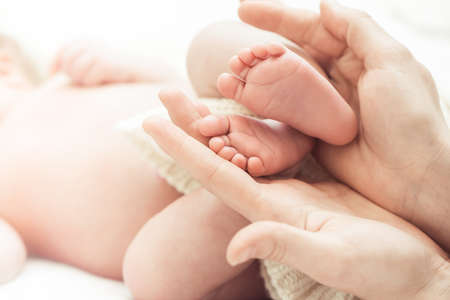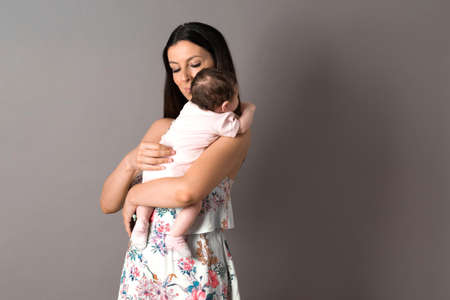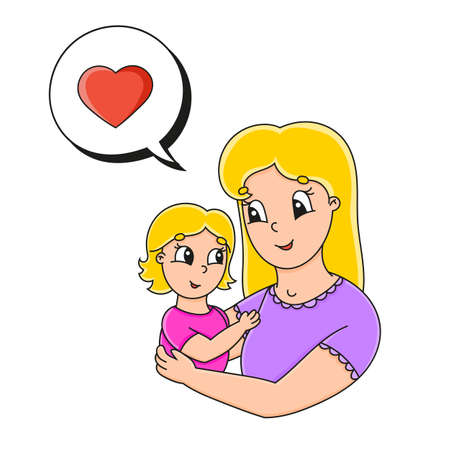Preventing and Handling Nappy Rash: NHS-Backed Solutions for UK Parents
Understanding Nappy RashNappy rash, also known as diaper rash, is a common skin irritation that affects many infants in the UK. It typically presents as red, inflamed patches on the baby’s bottom, genitals, or upper thighs. The primary cause of nappy rash is prolonged exposure to moisture, urine, and faeces, which can irritate delicate skin.…
